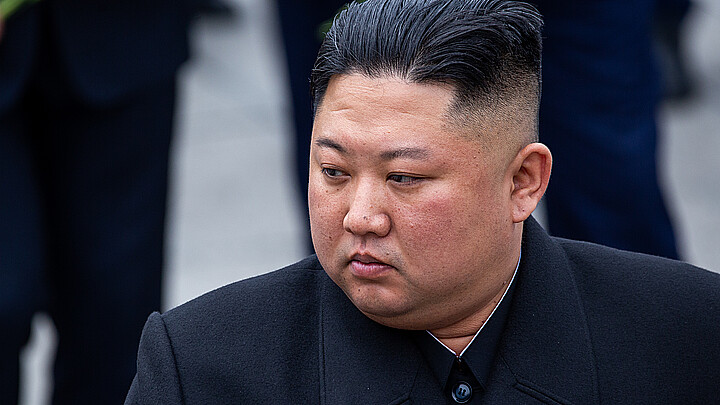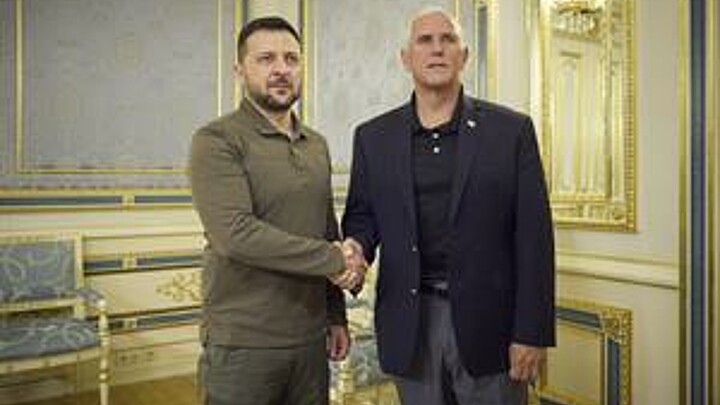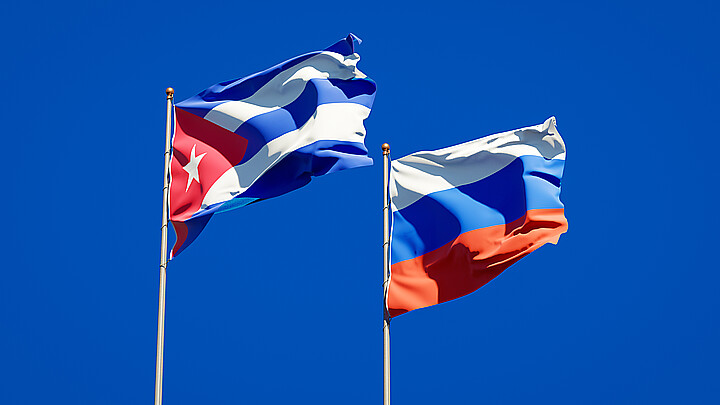Politics
Russia nearing default for first time since 1917 Bolshevik Revolution
Russia’s Finance Minister Anton Siluanov has long accused the West of forcing a default by imposing unprecedented economic sanctions
April 15, 2022 1:39pm
Updated: April 15, 2022 2:49pm
The United States’ leading credit rating agency has warned that Russia may be in default after trying to service its dollar bonds in rubles, potentially marking Moscow’s first major default on foreign bonds since the years following the Bolshevik revolution in 1917.
According to Moody’s, Russia made a payment due on April 4 on two sovereign bonds (maturing in 2022 and 2042) in rubles instead of dollars as mandated by the terms of the securities, the New York Times reported.
Russia "therefore may be considered a default under Moody's definition if not cured by 4 May, which is the end of the grace period," the credit rating agency said in a statement on Thursday.
"The bond contracts have no provision for repayment in any other currency other than dollars."
Although Moody’s acknowledged that certain Russian Eurobonds issued after 2018 allow for ruble payments under certain conditions, the bonds held by Russia maturing in 2022 and 2042 do not.
"Moody's view is that investors did not obtain the foreign-currency contractual promise on the payment due date," the agency said.
Russia’s Finance Minister Anton Siluanov has long accused the West of forcing a default by imposing unprecedented economic sanctions.
In a recent interview with Russia’s Izvestia newspaper, he warned that the Kremlin would take legal action if Russia defaults on its debt.
Russia was rated as investment grade, but Western sanctions after Putin ordered the illegal invasion of Ukraine have made the servicing of debts impossible for Moscow – especially as nearly half of its foreign reserves are currently frozen abroad.
The Kremlin, for its part, has said that the West has already defaulted on its economic obligations to Russia by freezing its reserves and has called for a new international system to replace the remnants of the Bretton Woods system established by the allies in 1944.
S&P, another credit rating agency, lowered Russia’s foreign currency ratings to “selective defaut” earlier this month, citing an increased risk that Moscow will not be able to honor its international commitments to foreign debtholders.










